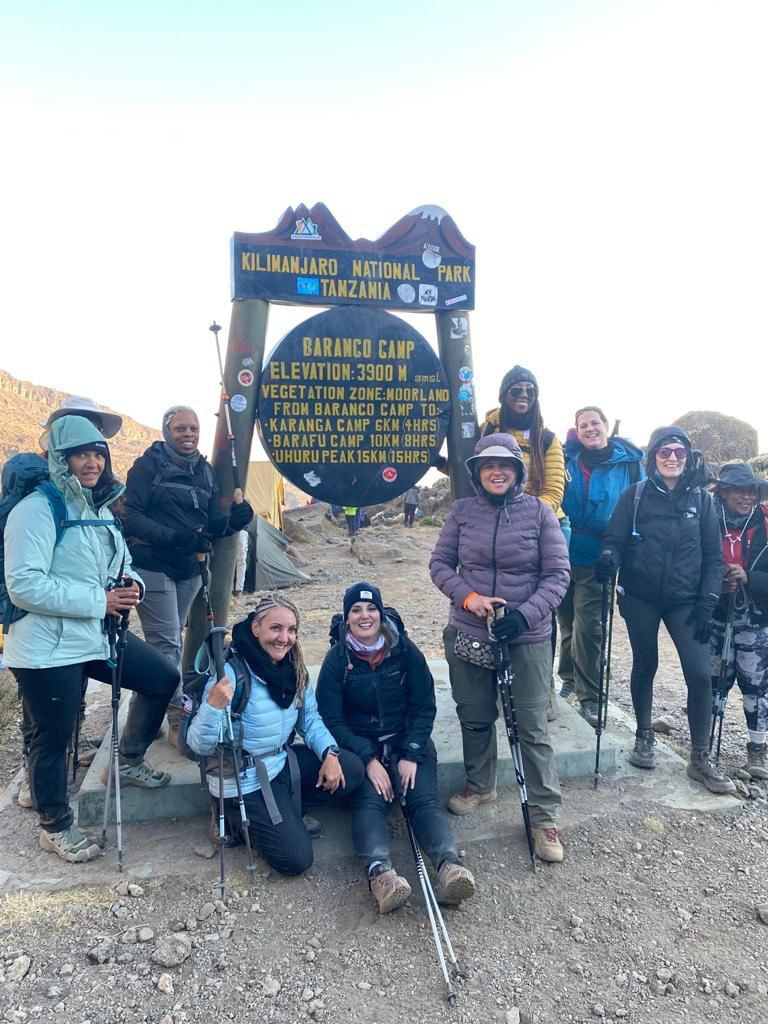reflections on trauma 20 years after 9/11
- Dr Patrícia Eaton
- Sep 11, 2021
- 3 min read
Updated: Nov 20, 2021

Today, 09/11/2021 marked 20 years of the September 11th Terrorist attacks that shook the United States and the world. Throughout the day, I read detailed social media recounts of where people were on that day, how they found out about the events and how those events marked their lives. I reflected on my own experience, remembering where I was, and spent some time thinking how terrifying, gut wrenching and painful that day was for me too, watching it on TV from California.
There were also September 11th anniversary events all over the country: vigils, masses, speeches, remembrance days and lots of documentaries and homages on TV and social media. As a matter of fact, throughout the weekend, I watched at least 3 or 4 different documentaries honoring the 20 years of that horrific and unbelievable day.
What prompted me to write an blog entry, was something striking that I watched over and over in each documentary: the tangible reaction to recalling trauma that each person expressed while recounting the events on camera. Altogether, I probably watched over 40 people recounting their experiences inside of the building, or talking to a loved one on the phone, escaping the area, rescuing others, being rescued, even cleaning up the site and recovering bodies. Trauma from every direction.
Many of the people interviewed showed signs of healing and spoke beautifully and articulately about their experience. But over and over again, the interviewee would choke up as if they were watching a movie or worse, reliving those scenes.
For people in the mental health world, trauma is a given. We talk about it, we study it, we treat it. It is as real as a cut, a broken bone or cancer. For trauma survivors, trauma is way too real. They know it, they feel it. But for many people out there, people who haven't experience trauma, don't understand trauma or are skeptical of how devastating trauma is... it may seem unreal, farfetched or even the sufferer's fault for not "letting go"of things of the past.
One common complaint of trauma survivors is the occasional treatment they receive from family and friends, sometimes unintentionally, that seems to dismiss or underplay they reaction to the traumatic event. Trauma survivors may be told that they need to "stop focusing" or "forget" things. They are supposed to leave the trauma behind. They are often treated as if their reaction to their trauma is their fault or their choice. Trauma symptoms can be connected to a traumatic memory or an obvious trigger, such as being afraid of driving after a car accident, but also can be present in symptoms that are often automatic and visceral, like exaggerated startled response with loud noises or even arguments and interpersonal tension. The triggers can be subtle, almost invisible, but cause a significant amount or arousal, irritability, detachment, anxiety and confusion in the sufferer's mental state and physical body.
These September 11th survivors, first responders and family members are living life 20 years later. Many may have gone through psychological treatment, grieved, build lives after the terrorist attacks. But watching each person recount in detail their experience was likewatching a movie through their eyes, and watching their reaction, the tears in their eyes, the expression of their voice, and the sorrow as they choked up... was to watch trauma live. It was palpable, real, and well-alive 20 years later.
What I hope from this post is to bring awareness to the "realness" and unconscious nature of trauma. If you are a trauma survivor, perhaps this post brings you a tiny bit of validation. Perhaps it even allows you to give yourself a little grace for having these reactions. If you are a trauma skeptic, I invite you to attempt to compassionately observe, without judgment, the physical and visible reactions of trauma survivors and consider, for a minute, what their bodies may be going through.
Trauma survivors deserve to be believed, they deserve treatment and they deserve to be understood. These reactions may well be what has kept them alive and coping while their trauma took place. And even years later, and even after much healing, expect to see lingering effects from the imprint that trauma leaves in a person's brain and body.
Suggested reading: The Body Keeps The Score - Bessel Van Der Kolk, 2015.



Comments